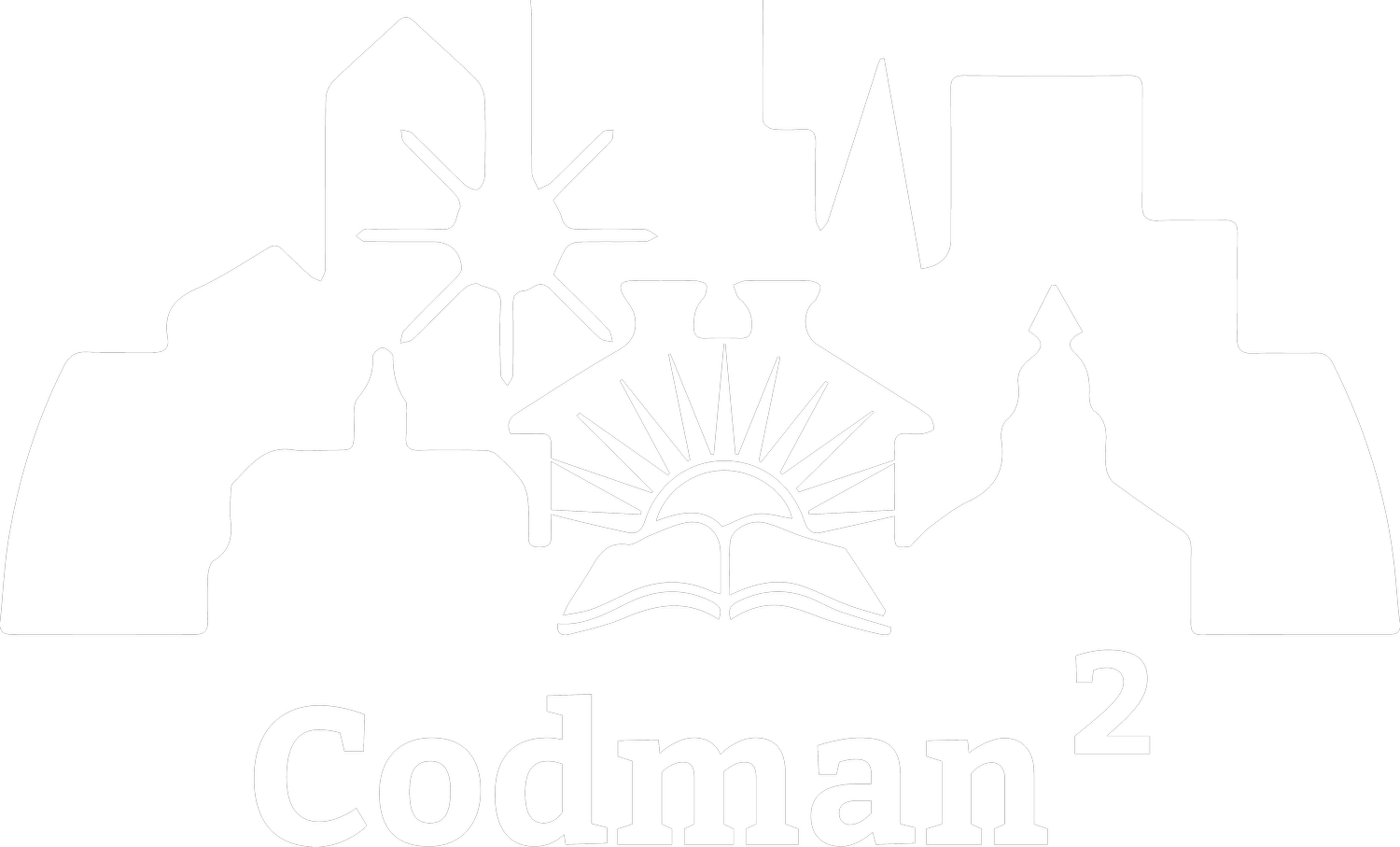By: Shannon Guppy, Shana Pinnock, Wilkendy SantanaBaez, Jalon Wynn, Lenny Laracuente
It’s no secret that drug and alcohol abuse are two of the most prevalent issues facing Americans. In 2017, the American Addiction Centers reported that almost 74% of adults experienced some substance abuse disorder, with an astounding 1 in 8 adults claiming they dealt with drug and alcohol abuse issues simultaneously. But what some may not realize is that one of the root causes of this addiction is not merely a downward spiral from recreational use, but rather, a misrepresentation of how these substances can relieve the pain from those with mental disorders. With a reported 8.5 million Americans saying that they suffered from both a mental health and drug abuse disorder according to American Addiction Centers, the intersection between mental health and substance abuse is clear.
Before we delve into the core of the issue, we must first understand the players in this atrocious game. Drugs are chemicals that affect the body and brain. Though there is a plethora of drugs that people believe will alleviate their mental ailments, the most common ones are the following: Marijuana, heroin, and Alcohol (yes alcohol qualifies as a drug). Marijuana, known as weed and cannabis, among other names, is a psychoactive drug from the cannabis plant. Heroin, similar to Marijuana, is a psychoactive opioid made from morphine, a natural substance taken from the seed of the various opium poppy plants. Alcohol, which is also a drug, is a depressant made from the chemical Ethanol.
Some effects of drugs include health consequences that are long lasting and permanent. They can even continue after a person has stopped taking the substance. There are a few ways a person can take drugs, including injection, inhalation, and ingestion. The effects of the drug on the body can depend on how the drug is delivered. For example, the injection of drugs directly into the bloodstream has an immediate impact, while ingestion has a delayed effect. Despite how long it takes to affect the user, all misused drugs affect the brain, increase strain on the liver, heart, and/or pancreas. This can lead to problems with memory, attention and decision-making, which make daily living more difficult, a weakened immune system, increasing the risk of illness and infection, heart conditions ranging from abnormal heart rates to heart attacks and collapsed veins and blood vessel infections. Though it is clear the risks that using these drugs at anytime, the real danger is when people begin turning to drugs as ways to relieve themselves from the stress or anxiety of everyday life.
Alcohol has long been used to relieve stress and anxiety and has been branded as a “rite of passage” for those reaching adulthood. The usage of alcohol over time can become dangerous and make it harder to deal with anxiety. The addiction begins when one starts to feel like they can only depend on alcohol to ease their anxiety. The more one drinks, the more their body can start to tolerate thus needing an increase in alcohol consumption to feel better. A lot of alcohol can eventually also cause health problems, which can add more stress and anxiety while dealing with the symptoms. So while people use more and more alcohol to relieve feelings of stress anxiety, abuse of it only serves to create more stress for those using it.
According to the Office of Adolescent Health at the Center for Disease Control “Approximately 4.9 million middle and high school students were current tobacco users in 2018.” Many teens smoke in order to feel numb to stress, feel happy or most likely to fit in and that is a problem that probably can’t be solved. Not only that, these problematic uses can cause very bad sickness and even suicidal thoughts. Marijuana can also cause the risk of a heart attack, respiratory and memory problems, etc… So even though people think that marijuana might be “non-addictive” and “doesn’t hurt you like other drugs”, the effects it has can create many long-term issues for the abuser.
The key issue is that people that are facing negative situations around their life use drugs and alcohol as an escape. Some people may not be addicted because of bad situations going on but because they use it for fun and they continue with it as an everyday use. In order to address these issues of substance addiction, these are some pieces of advice we have put in for anybody with this problem:
Join a recovery group (A Group of people that are in or have gone through similar situations as you where you can talk about it and get ideas of how to get through it).
Enter into rehab (Drug rehabilitation is the process of medical or psychotherapeutic treatment for dependence on psychoactive substances such as alcohol, prescription drugs, and street drugs such as cannabis, cocaine, heroin, or amphetamines).
Be around people who are positive/staying away from people who may influence you to use drugs or alcohol. Don’t be afraid to share your thoughts
Keep a healthy diet
Participate in fun and relaxing activities, like yoga, running, sports, or meditation
Try to find new hobbies to distract yourself from using drugs or alcohol
Hosting community health events that highlight the negative effects of using these substances

